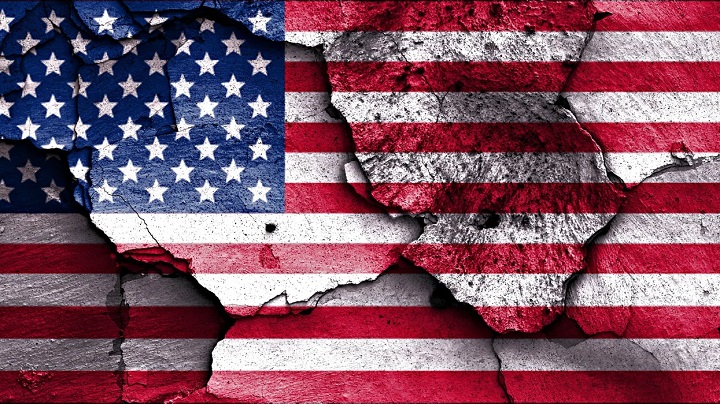
A few thousand votes in perhaps a dozen counties scattered across three or four states will determine the election of the next president of the United States. This choice holds significant implications for the destiny of 8 billion people worldwide due to the anticipated policy shifts between the two candidates. One, Kamala Harris, aims to continue the policies of the current president, Joe Biden; the other, Donald Trump, promises disruption and dramatic U-turns.
As a result, depending on whether stability or change is desired, the world is divided into opposing fan clubs for the two candidates, with various issues being aligned with one name or the other.
As noticed also By Janan Ganesh: “Joe Biden doesn’t rule out that Benjamin Netanyahu is delaying a truce in the Middle East until the possible return of Donald Trump, under whom the Israeli premier might have a freer hand. Nor does it take a paranoid cast of mind to suspect that Vladimir Putin has been holding out for Trump’s re-election for two years or more. Deplore the cynicism of these foreign leaders all you want. Their behavior is only possible because a gap between Democratic and Republican policies exists in the first place.”[1]
Before the end of the Cold War, foreign policy was a domain of consistent continuity with no significant breaks between Democrats and Republicans. Things changed after that.
U.S. presidents began shifting their policies, especially on issues like climate change. For example: “Bill Clinton signed the Kyoto Protocol in 1998. George W Bush withdrew from it in 2001. Barack Obama signed the much broader Paris Agreement in 2015. Trump withdrew from it in 2017. Biden recommitted to Paris as one of his first acts as president in 2021. If Trump withdraws again, as reports over the summer suggested he might, that would be five reversals of US policy on a subject of world importance within a generation.”[2]
The concern is not limited to the environment; it also involves massive industrial policies with significant geopolitical implications. Choosing to burn oil means potential dependence on the Middle East, whereas subsidizing solar panels involves imports from China. However, both dynamics are evolving, as fracking has made the U.S. a net energy exporter again, and reindustrialization plans could bring all solar technology back to America.
Therefore, where the U.S. stands is crucial for everyone, as trillions in development are at stake.
The issue of war is even more critical, especially regarding timing. In a world of peace and globalization, the U.S. can afford the luxury of wavering on complex agendas without clear answers, like climate change. It was a nuisance but tolerable. In a world sharply yet unclearly divided by a new Cold War, U.S. fickleness becomes a real weak point—a major fissure in the global system.
This needs to be addressed or, in a couple of years, things could spiral out of control; political forecasts could become unreliable, with everyone awaiting the next mid-term or presidential elections and frequently making incorrect political bets.
Consider Netanyahu, who allegedly favors Trump. Is he secure in his political gamble? He has launched a new offensive in Lebanon and intensified pushback against Iran. He needs reliable American support for these actions. He may believe he can count on Trump more than on Harris.
However, if Trump wins, Biden won’t immediately hand over control to Trump’s team, which will only take office on January 20, 2025. Additionally, Trump plans to replace thousands of key personnel. It might take months, if not over a year, for everyone to be in place. If Trump is elected, the U.S. administration could be in a state of confusion for one or two years, a situation Israel cannot afford when facing Iran’s formidable challenge.
Conversely, if Harris is elected, the transition would be seamless something that is crucial for Israel.
Such a confusing period could be advantageous for Russian President Vladimir Putin, who could exploit the situation. Putin is adept at sowing confusion in Israeli and American minds about their best course of action, having done so many times before.
Similar instances could occur in China or elsewhere, creating a feedback loop to the United States in a confusing cacophony of maddening echoes. Growing chaos worldwide could feed back into the U.S., and vice versa. America could end up being the sole loser as the world as we knew will fade away.
Some in other countries may hope for or even work toward this outcome, while others would need to fend off such a possibility. It’s not about Harris or Trump; it’s about re-establishing continuity in foreign policy, akin to that before the end of the Cold War. This new “Cold War” is far more complicated than the previous one. It is uncertain who will win, but if the U.S. continues changing its course, it is likely to lose.
- In partnership with Appia Institute.





